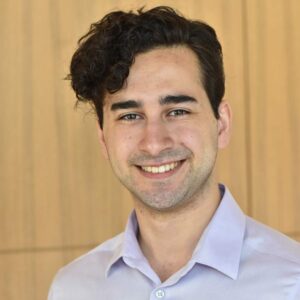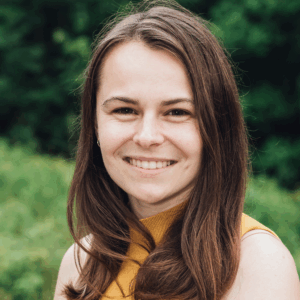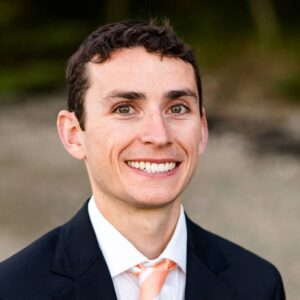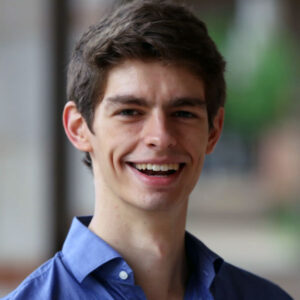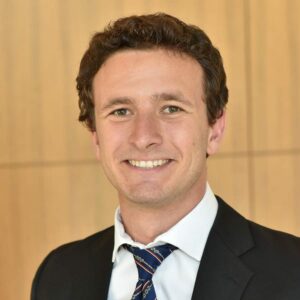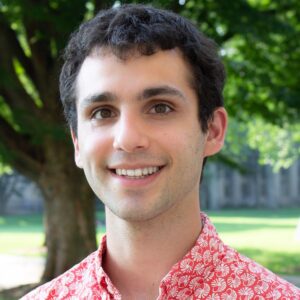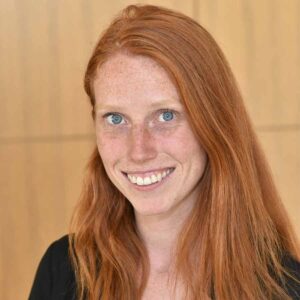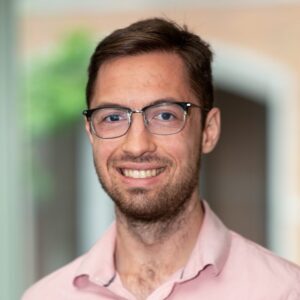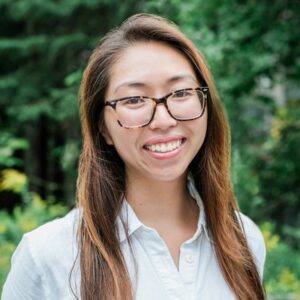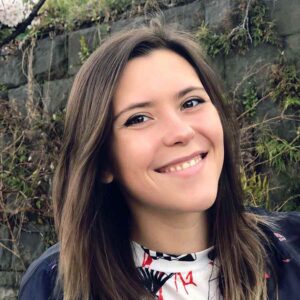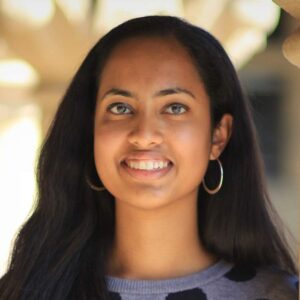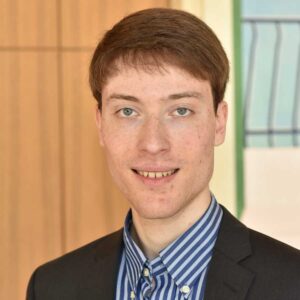The Fannie and John Hertz Foundation has announced the 41 finalists for this year’s PhD fellowship in applied science, math and engineering. Selected from over 840 applicants, 10 of the finalists will be chosen to receive one of the most competitive and coveted fellowships in the nation.
Each of the selected 2019 Hertz Fellows will receive up to five years’ academic support valued up to $250,000, as well as the freedom to pursue innovative research wherever it may lead. The recipients of the 2019 Hertz Foundation Fellowship will be notified in April.
“Once again, our finalists are an extraordinary talented group,” said Robbee Baker Kosak, Hertz Foundation President. “Though the final decision will be a very difficult one, I look forward to the selection and announcement of the 2019 Fellowship awardees with much anticipation.”
Since 1963, the Fannie and John Hertz Foundation has granted five-year fellowships empowering the nation’s most promising young scientists, engineers and mathematicians. One of the nation’s most competitive fellowships, the Foundation also helps catalyze collaboration among its Fellows, a community that has grown over six decades and includes 1,200 scientists, engineers, innovators and business leaders. Hertz Fellows include scientists and engineers who have been honored with the Nobel Prize, the National Medal of Science, the Turing Award, the Breakthrough Prize, and the MacArthur Foundation “genius” grant. Fellows have founded more than 200 companies, hold more than 3,000 patents, and have created hundreds of thousands high-technology jobs. Thirty-nine Fellows are members of the National Academies of Science, Engineering and Medicine.
The Hertz Foundation is dedicated to advancing groundbreaking applied science with real-world benefits for all humanity.
Daniel Assumpcao
Applied Physics
California Institute of Technology
Alexander Atanasov
Physics
Harvard University
Dolev Bluvstein
Applied Physics and Astronomy
UC Santa Barbara
Frederick Brooks
Chemistry and Chemical Biology
Princeton University
Dylan Cable
Quantitative Biology and Bioengineering
MIT
Jason Calvin
Chemistry
UC Berkeley
Alex Chen
Quantitative Biology and Bioengineering
Harvard University
Nick Choksi
Physics
UC Berkeley
Jordan Edmunds
Engineering
UC Berkeley
Logan Engstrom
Computer Science
MIT
Benjamin Eysenbach
Computer Science and Engineering
Carnegie Mellon University
Bailey Flanigan
Computer Science and Engineering
University of Wisconsin-Madison
Benjamin Foutty
Physics
Columbia University
Mark Gillespie
Computer Science
Carnegie Mellon University
Chris Giuliano
Synthetic Biology
MIT
Noah Golowich
Computer Science
Harvard University
Alexander Hwang
Applied Physics and Astronomy
Rice University
Lev Kendrick
Physics
MIT
Benjamin Kuznets-Speck
Biophysics
UC Berkeley
Patrick Ledwith
Physics
MIT
Maya Lewinsohn
Quantitative Biology
University of Washington
John Lindsey
Quantitative Biology
Stanford University
Rebekah Loving
Computational Biology
University of Hawaii at Hilo
Melissa Mai
Quantitative Biology and Bioengineering
Johns Hopkins University
Nitya Mani
Mathematics and/or Computer Science
Stanford University
Shyam Narayanan
Applied Mathematics and Statistics
Harvard University
Hunter Nisonoff
Computational Biology
Duke University
Grace Pan
Physics
Harvard University
Saranesh Prembabu
Applied Physics
MIT
Daniel Richman
Applied Mathematics/Computational Science
MIT
Andrew Saydjari
Physics
Harvard University
Muhammad Shamim
Bioengineering
Rice University
Nathaniel Tarshish
Earth and Planetary Sciences
UC Berkeley
Jacqueline Turner
MolecularBiology and Biochemistry
University of Colorado, Denver
Constantine Tzouanas
Bioengineering
Rice University
Alexander White
Engineering
California Institute of Technology
Kelly Xia
Chemistry
Harvard University
Lisa Yang
Computer Science
MIT
David Zimmerman
Biophysics
Harvard University
Jonathan Zong
Computer Science
MIT
Nina Zubrilina
Mathematics
Stanford University
